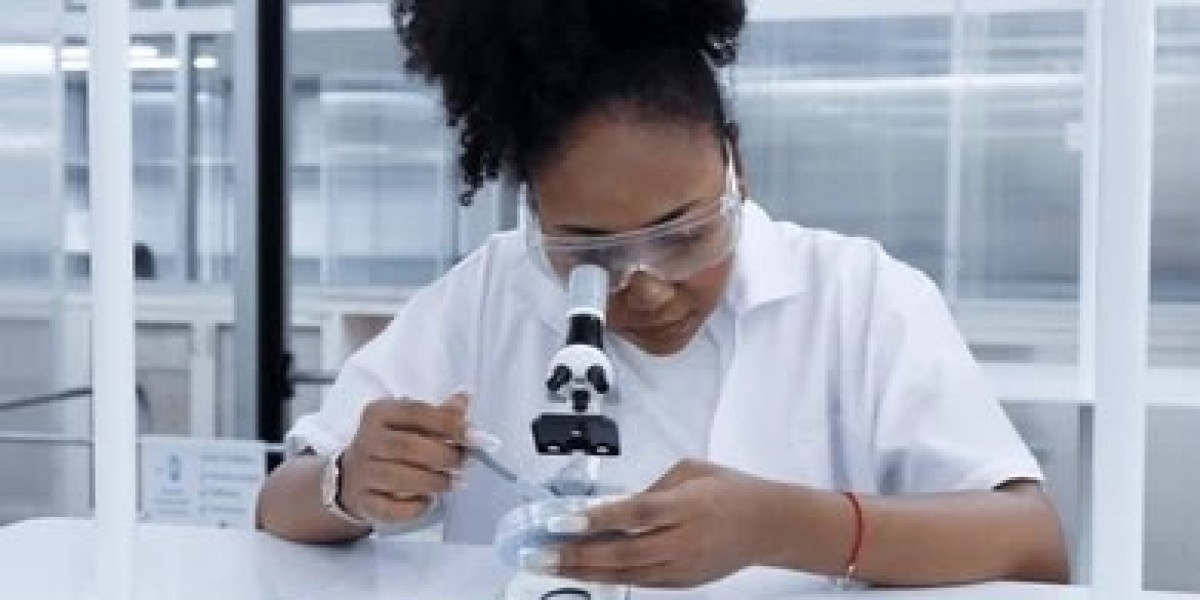Cancer is a complex disease that begins at the cellular level. It develops when normal cells undergo genetic changes (mutations) that disrupt their regular growth and division processes. Instead of functioning and dying off in an orderly manner, cancer cells grow uncontrollably, forming tumors and spreading to other parts of the body. Let’s explore the causes, mechanisms, and factors that contribute to the development of cancer.
How Does Cancer Develop?
Our bodies are made up of trillions of cells that grow, divide, and die in a highly regulated process. Cancer occurs when this process is disrupted due to genetic mutations. Here’s a step-by-step look at how cancer develops:
Genetic Mutations: The root cause of cancer is mutations in a cell’s DNA. These mutations can be inherited or acquired throughout a person’s life due to exposure to harmful factors like tobacco smoke, UV radiation, or certain chemicals. In some cases, mutations happen randomly during cell division.
Uncontrolled Cell Growth: Normally, when a cell's DNA is damaged, it either repairs itself or undergoes programmed cell death (apoptosis). In cancer, however, the mutated cells bypass these safeguards and start dividing uncontrollably, leading to the formation of a mass of cells known as a tumor.
Tumor Formation: A tumor can be benign (non-cancerous) or malignant (cancerous). Malignant tumors invade surrounding tissues and have the ability to spread to other parts of the body through the bloodstream or lymphatic system, a process known as metastasis.
Evading the Immune System: Cancer cells can sometimes hide from the immune system, allowing them to grow and spread without being detected or destroyed. In some cases, cancer cells can even manipulate the immune system to support tumor growth.
Factors That Contribute to Cancer Development
There are several factors that contribute to the development of cancer, including:
Genetics: Some individuals inherit genetic mutations that increase their risk of certain types of cancer. For example, mutations in the BRCA1 and BRCA2 genes are associated with a higher risk of breast and ovarian cancer.
Lifestyle Factors: Smoking, excessive alcohol consumption, poor diet, and lack of physical activity are all lifestyle factors that increase the risk of cancer. For example, smoking is a leading cause of lung cancer, while excessive sun exposure increases the risk of skin cancer.
Environmental Factors: Exposure to harmful substances like asbestos, radon, and chemicals can cause mutations that lead to cancer. Certain viruses, such as the human papillomavirus (HPV), are also linked to cancer.
Age: As we age, the chances of developing cancer increase. This is because our cells accumulate more genetic mutations over time, and the body’s ability to repair damaged DNA weakens with age.
Mechanisms of Cancer Progression
Once cancer has developed, it follows several steps that allow it to grow and spread:
Angiogenesis: Cancer cells stimulate the growth of new blood vessels to supply the tumor with oxygen and nutrients, helping it grow and thrive.
Invasion and Metastasis: Cancer cells invade surrounding tissues and can break away from the primary tumor to spread to other parts of the body, forming new tumors.
Best Cancer Hospital in Ranchi
If you or a loved one is dealing with cancer, finding the right care is crucial. The Raj Hospital in Ranchi offers expert oncology services, providing advanced treatment options for cancer patients. Their team of specialists is dedicated to delivering personalized care to help patients through every step of their journey.
FAQs About Cancer Development
Q1: Can cancer be inherited?
Yes, certain genetic mutations can be inherited, increasing the risk of developing specific cancers. However, not all cancers are inherited; most are caused by environmental and lifestyle factors.
Q2: What is the most common cause of cancer?
The most common causes include genetic mutations, lifestyle factors like smoking, and environmental exposures to harmful substances such as radiation and chemicals.
Q3: How does cancer spread to other parts of the body?
Cancer spreads through a process called metastasis, where cancer cells break away from the primary tumor, enter the bloodstream or lymphatic system, and form new tumors in other parts of the body.
Q4: Can lifestyle changes reduce the risk of cancer?
Yes, adopting a healthy lifestyle—such as avoiding tobacco, maintaining a healthy diet, staying physically active, and limiting alcohol—can significantly reduce the risk of cancer.
Q5: How is cancer diagnosed?
Cancer is diagnosed through a combination of tests, including biopsies, imaging scans (like CT or MRI), and blood tests to detect abnormal cells and assess tumor size and spread.








